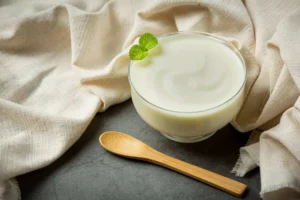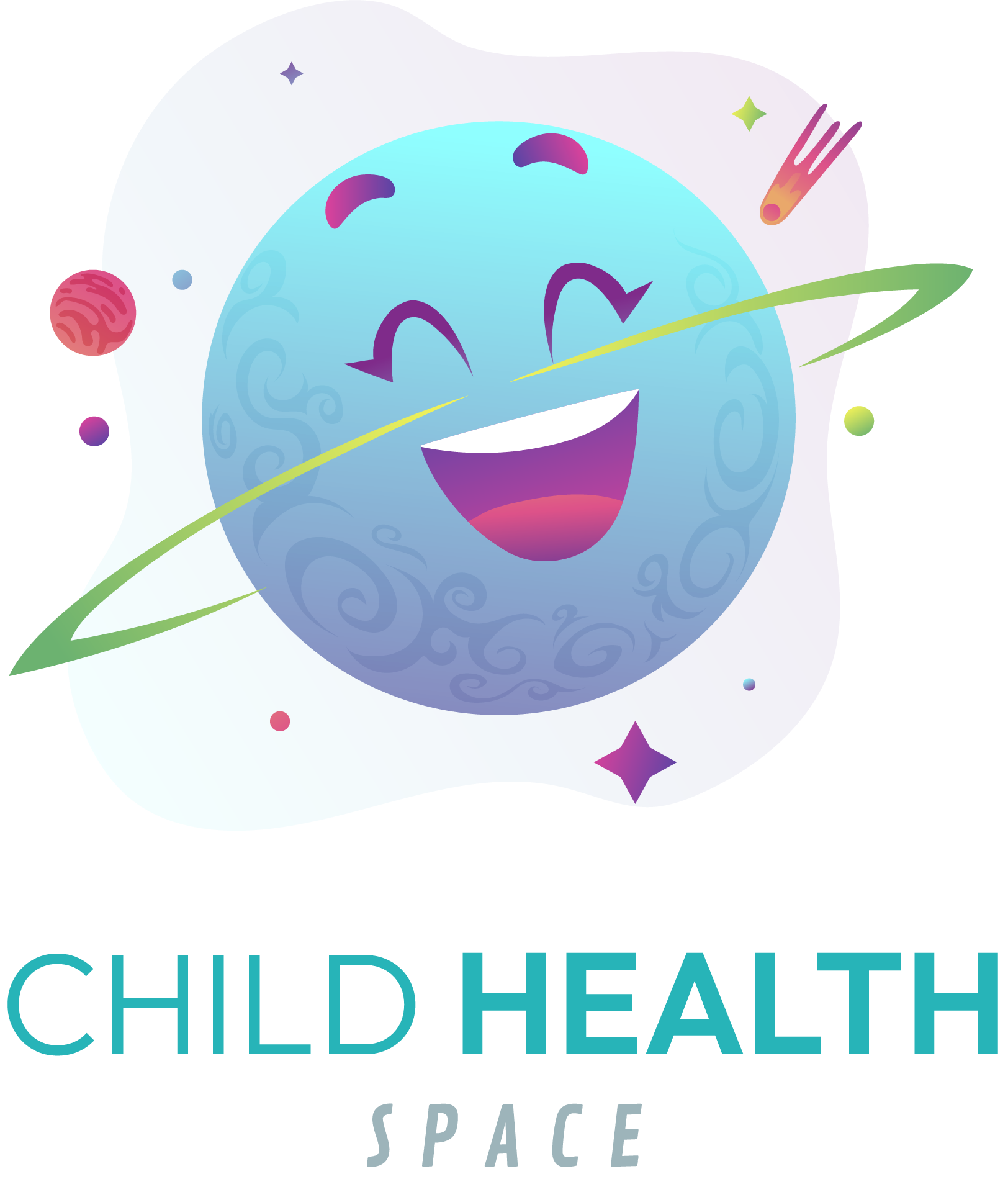When it comes to overall health, few things are as important as a healthy gut. The digestive system plays a crucial role in our overall well-being, and a healthy gut is key to keeping our bodies functioning properly.
The prevalence of digestive problems in children is very high. According to WHO, every year around 1.7 billion cases of diarrhea are reported in children worldwide.
Each year diarrhea kills around 443832 kids under age of 5. Additionally this disease kills 50851 children of age 5 to 9 years every year.

One way to support gut health is by incorporating probiotic and prebiotic foods into our diets.
In this article, we’ll provide a comprehensive list of probiotic and prebiotic foods to help you improve your gut health. But first, let’s discuss the difference between probiotics and prebiotics.
What are Probiotics?
Probiotics are live bacteria and yeasts that are beneficial for our digestive system. These microorganisms can help balance the gut microbiome and improve digestion. Probiotics can be found in fermented foods such as yogurt, kefir, and sauerkraut, as well as in supplements.
What are Prebiotics?
Prebiotics are fibers that our bodies can’t break down. Instead, they feed the good bacteria in our gut, helping them thrive. Prebiotics can be found in fiber-rich foods such as fruits, vegetables, and whole grains.
Benefits of Probiotic and Prebiotic Foods:
Incorporating probiotic and prebiotic foods into your kids diet can provide numerous health benefits, including:
1. Improved digestion: Probiotic foods can help break down food and improve nutrient absorption, while prebiotics can help regulate bowel movements and prevent constipation.
2. Boosted immune system: Probiotics can help strengthen the immune system by promoting the growth of beneficial bacteria in the gut.
3. Reduced inflammation: Prebiotic foods can help reduce inflammation in the gut, which can lead to improved overall health.
4. Improved mood: The gut-brain connection is a well-known phenomenon, and studies have shown that consuming probiotics can help improve mood and reduce symptoms of anxiety and depression.
Prebiotics Foods for Kids:

1. Chicory Root: Chicory root is one of the best sources of prebiotics. It is a good source of inulin, which is a type of soluble fiber that promotes the growth of beneficial gut bacteria.
2. Garlic: Garlic is known for its immune-boosting properties and is also a great source of prebiotics. It contains a compound called fructooligosaccharides (FOS), which supports the growth of beneficial gut bacteria.
3. Onions: Onions are a versatile ingredient that adds flavor and nutrition to any dish. They are also a good source of prebiotics, particularly inulin.
4. Leeks: Leeks are a member of the onion family and are a great source of prebiotics. They contain inulin and FOS, which can help improve gut health.
5. Asparagus: Asparagus is a delicious vegetable that is packed with prebiotics. It contains a type of prebiotic fiber called fructooligosaccharides (FOS) that can help support the growth of beneficial gut bacteria.
6. Bananas: Bananas are a popular fruit that is rich in prebiotics. They contain a type of prebiotic fiber called resistant starch, which can help improve gut health.
7. Apples: Apples are a nutritious fruit that is also a good source of prebiotics. They contain pectin, which is a type of soluble fiber that can help support the growth of beneficial gut bacteria.
8. Oats: Oats are a good source of prebiotic fiber called beta-glucan. It can help support the growth of beneficial gut bacteria and also promote feelings of fullness.
9. Barley: Barley is a nutritious whole grain that is also rich in prebiotics. It contains a type of prebiotic fiber called beta-glucan that can help improve gut health.
10. Flaxseed: Flaxseed is a nutrient-dense seed that is rich in prebiotics. It contains a type of prebiotic fiber called lignans, which can help support the growth of beneficial gut bacteria.
By including these foods in your diet, you can promote the growth of beneficial gut bacteria, improve digestion, and support overall health.
List of probiotic foods for kids:

1.Yogurt: Yogurt is a great source of probiotics for kids. It contains live cultures of bacteria that can help improve digestion and boost the immune system.
2. Kefir: Kefir is a fermented drink that is similar to yogurt. It contains a variety of beneficial bacteria and yeasts that can help improve gut health and support the immune system.
3. Sauerkraut: Sauerkraut is made from fermented cabbage and is a good source of probiotics for kids. It contains a variety of beneficial bacteria that can help improve digestion and support the immune system.
4. Kimchi: Kimchi is a spicy Korean dish made from fermented vegetables. It contains a variety of beneficial bacteria that can help improve gut health and support the immune system.
5. Tempeh: Tempeh is a fermented soy product that is a good source of probiotics for kids. It contains beneficial bacteria and yeasts that can help improve digestion and support the immune system.
6. Miso: Miso is a Japanese fermented soybean paste that is a good source of probiotics for kids. It contains beneficial bacteria that can help improve gut health and support the immune system.
7. Pickles: Pickles are made from fermented cucumbers and are a good source of probiotics for kids. They contain beneficial bacteria that can help improve digestion and support the immune system.
8. Kombucha: Kombucha is a fermented tea drink that is a good source of probiotics for kids. It contains beneficial bacteria and yeasts that can help improve gut health and support the immune system.
9. Sourdough Bread: Sourdough bread is made from fermented dough and is a good source of probiotics for kids. It contains beneficial bacteria that can help improve digestion and support the immune system.
10. Apple Cider Vinegar: Apple cider vinegar is a fermented vinegar that is a good source of probiotics for kids. It contains beneficial bacteria that can help improve gut health and support the immune system.
These foods help improve your child’s gut health and boost their immune system. Remember to consult with a healthcare professional before making any significant changes to your child’s diet.
Conclusion
Including probiotic and prebiotic foods in your child’s diet is an easy and effective way to boost their gut health and overall well-being. By incorporating foods like bananas, yogurt, and sauerkraut into your child’s meals, you can help support the growth of beneficial bacteria in their gut and promote a healthy digestive system.
So start small, get creative, and make it fun – your child’s gut will thank you!!!
FAQs
1.What are the benefits of probiotic and prebiotic foods for kids? Probiotic and prebiotic foods can help improve gut health, boost the immune system, and even improve mental health.
2.How can I incorporate probiotic and prebiotic foods into my child’s diet? Try adding sliced bananas to cereal or oatmeal, serving plain yogurt with fresh fruit, or mixing sauerkraut into a sandwich.
3. Are there any risks associated with consuming probiotic and prebiotic foods?
For most children, probiotic and prebiotic foods are safe and have no risks associated with consumption. However, if your child has a weakened immune system or is taking certain medications, it is important to speak with their healthcare provider before introducing new foods into their diet.
4. Can I give my child probiotic supplements instead of foods?
While probiotic supplements can be a convenient way to add beneficial bacteria to your child’s diet, it is generally recommended to get probiotics from natural food sources whenever possible.
5. How long does it take to see the benefits of probiotic and prebiotic foods in my child’s gut health?
It can take several weeks or even months of consistent consumption of probiotic and prebiotic foods to see noticeable improvements in gut health.







